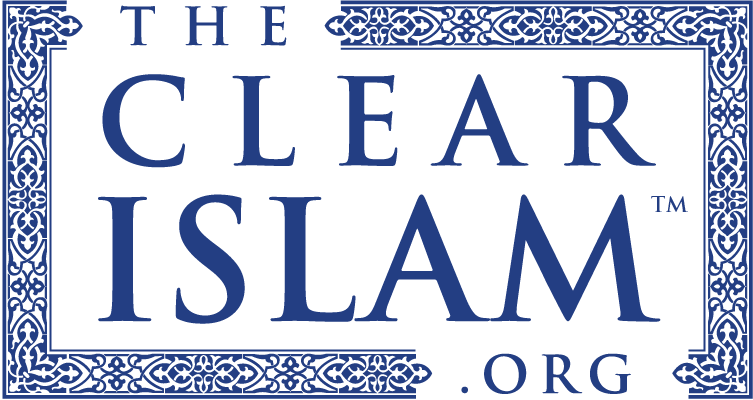In today’s interconnected world, individuals from diverse backgrounds and belief systems are increasingly engaging in conversations about faith and spirituality. The internet has become a valuable resource for people seeking information and perspectives on various religions, including Islam. Among those seeking to understand Islam, atheists often have questions about its core beliefs, practices, and historical context. This article delves into some of the frequently asked questions by atheists regarding Islam.
1. What is the concept of Allah in Islam?
One of the most fundamental questions atheists pose about Islam is the concept of Allah. In Islam, Allah is understood as the one and only true God, the creator and sustainer of the universe. Allah is believed to be omnipotent, omniscient, and benevolent, devoid of any physical form or limitations. Muslims emphasize the absolute oneness and uniqueness of Allah, rejecting any form of polytheism or idolatry.
2. What are the Five Pillars of Islam?
The Five Pillars of Islam are the core practices that define the Muslim faith. These pillars include:
- Shahadah (Declaration of Faith): Affirming the belief in the oneness of God and the prophethood of Muhammad.
- Salat (Prayer): Performing the five daily prayers at prescribed times.
- Zakat (Almsgiving): Giving a fixed portion of one’s wealth to the poor and needy.
- Sawm (Fasting): Abstaining from food, drink, and other pleasures from dawn to sunset during the month of Ramadan.
- Hajj (Pilgrimage): Performing the pilgrimage to Mecca at least once in a lifetime, if physically and financially able.
3. What are the sources of Islamic law and authority?
The primary sources of Islamic law and authority are the Quran, the holy book of Islam, and the Sunnah, the teachings and practices of Prophet Muhammad. The Quran is believed to be the verbatim word of God, revealed to Prophet Muhammad through the angel Gabriel. The Sunnah provides guidance on how to interpret and apply the Quranic principles in daily life.
4. How do Muslims view other religions?
Islam recognizes and respects the existence of other monotheistic religions, such as Judaism and Christianity. Muslims believe that these religions share common roots and that their prophets were all sent by God to guide humanity. However, Islam maintains that its message is the final and complete revelation from God.
5. How do Muslims address issues of gender and sexuality?
Islam provides a framework for gender relations and sexuality that emphasizes respect, responsibility, and ethical conduct. Men and women are recognized as equal in their fundamental human dignity, but they also have distinct roles and responsibilities within society. Sexual relations are considered sacred and are to be confined within the context of marriage.
Engaging in Meaningful Dialogue
As atheists and Muslims engage in conversations about Islam, it is crucial to approach these discussions with respect, open-mindedness, and a genuine desire to understand each other’s perspectives. By approaching these dialogues with a spirit of empathy and mutual respect, both parties can gain a deeper appreciation of each other’s beliefs and foster a more harmonious coexistence.
For our latest news, and to stay up-to-date with The Clear Islam, follow us on social media:


